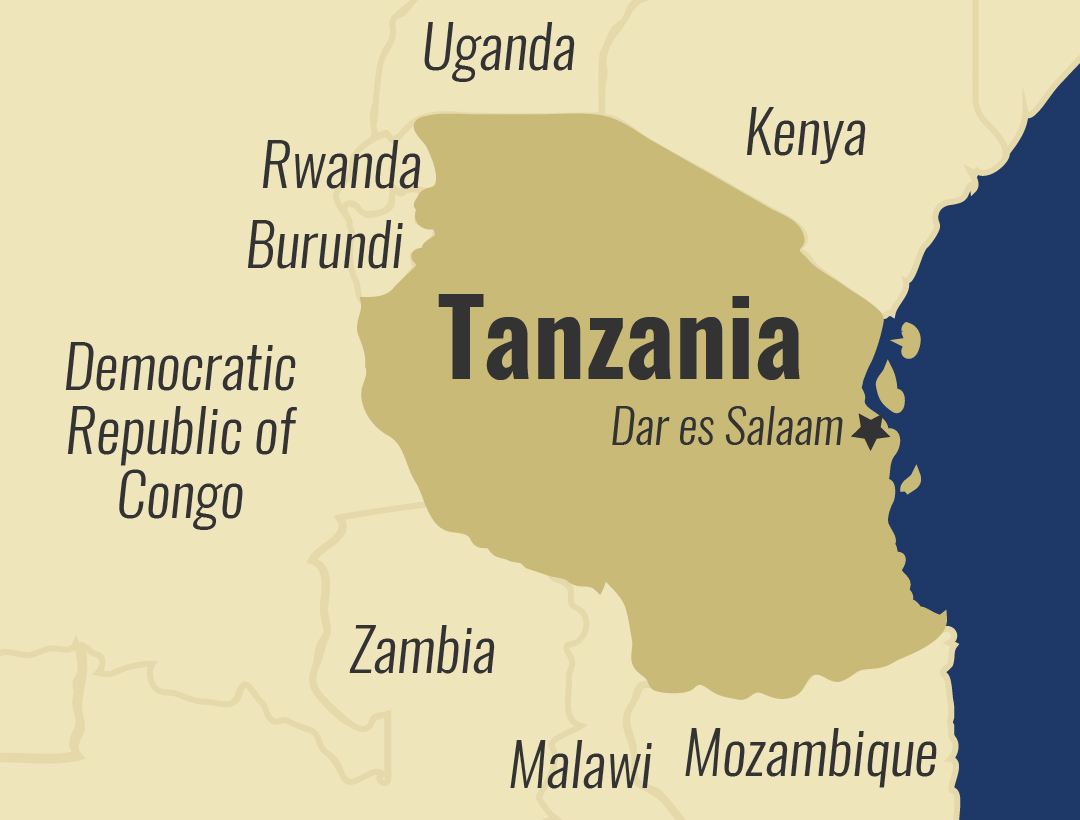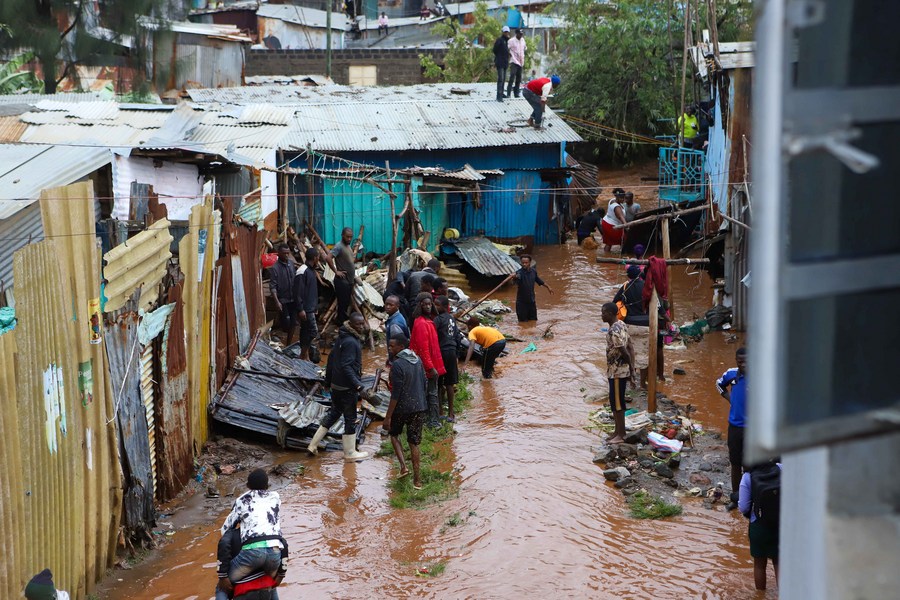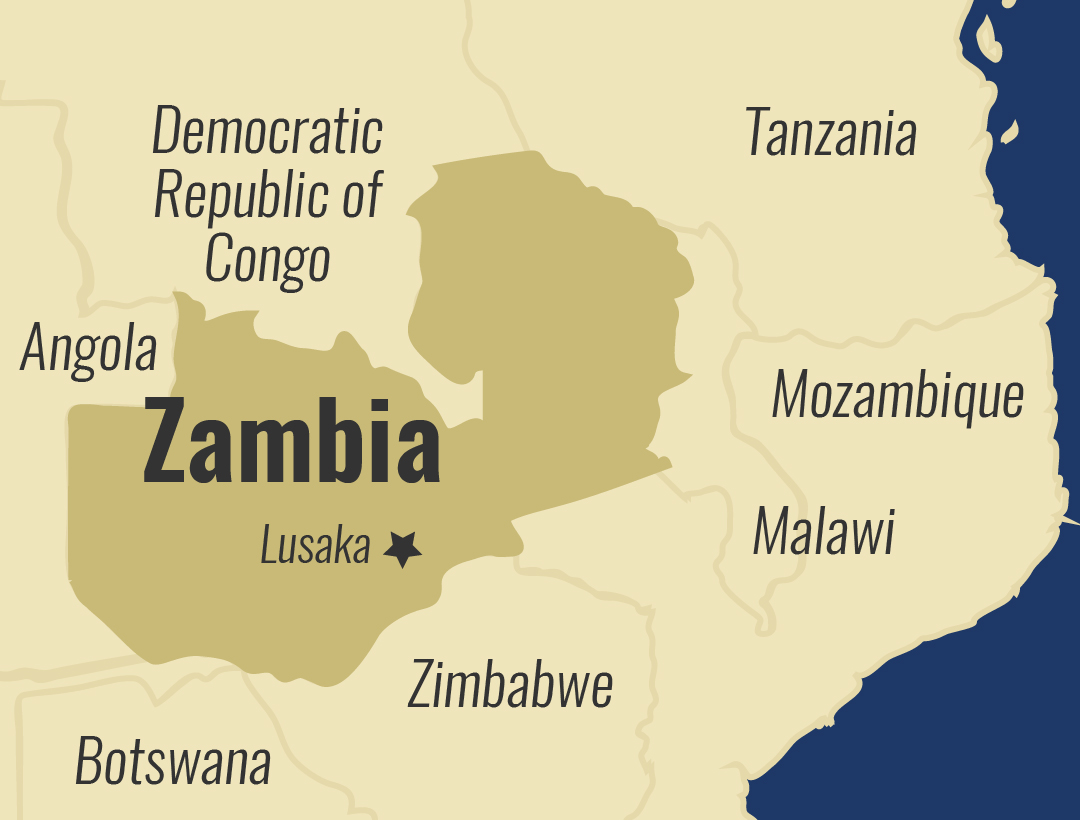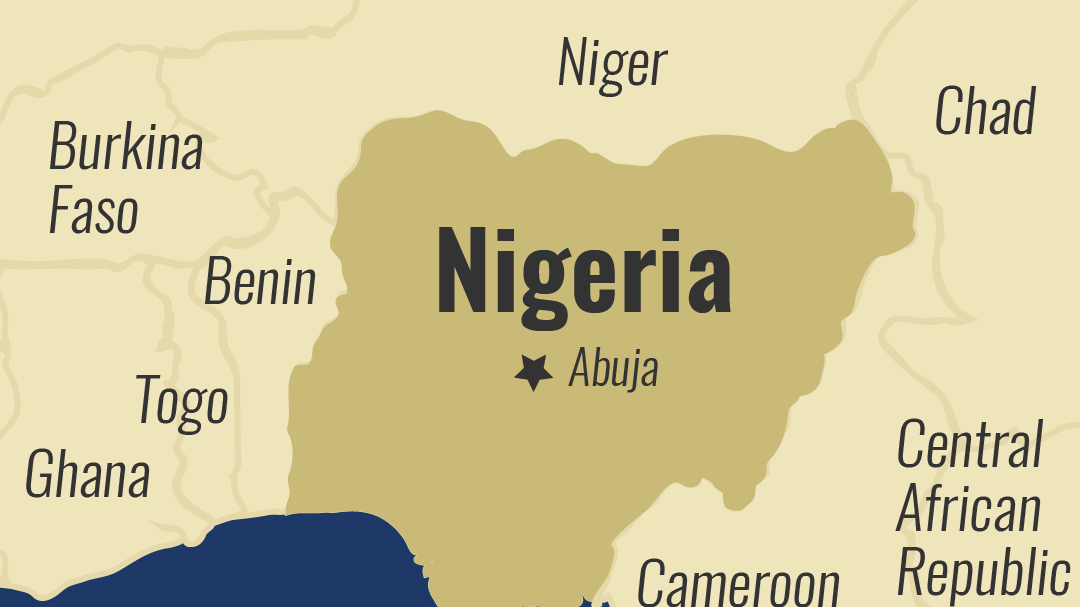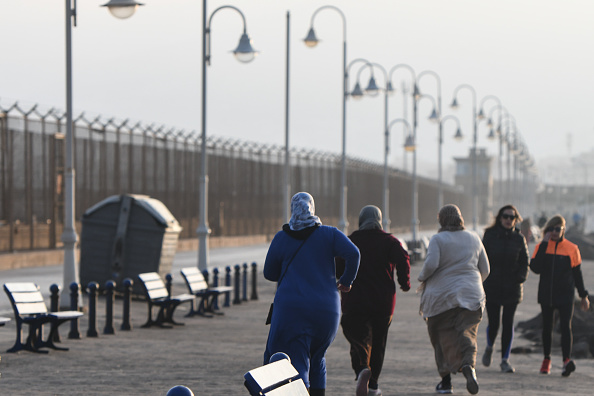
European Union attempts to sell new migration, asylum plan
The European Union’s top migration officials struggled Thursday to sell their new plan to overhaul the bloc’s failed asylum system amid concern they have sold out to anti-migrant governments.

Critics say the proposal focuses on rapidly deporting people who don’t qualify as refugees and persuading African countries to stop them from coming.
The program, dubbed the “New Pact on Migration and Asylum,” is aimed at ending years of chaos at Europe’s borders and a political crisis that has seen some EU countries turn their backs on Greece, Italy, Malta and Spain, where most people seeking better lives enter.
It has already received a cautious welcome from Austria, the Czech Republic and Hungary, whose anti-migrant governments, along with those of Poland and Slovakia, refuse to bow to pressure to take in refugees and ease the load on their Mediterranean coastal partners.
The leaders of the Czech Republic, Hungary and Poland affirmed their hardline stance at EU headquarters on Thursday.
Germany, France, Greece and Italy also see the pact as a good basis to negotiate on.
The measures, which must be endorsed by all 27 EU countries and the European Parliament, will prove a hard sell, particularly as the top migration officials want to see it approved by the end of the year.
“We have a system that makes sense. I am not asking you to like it. I am asking you to understand it,” European Commission Vice President Margaritis Schinas said as he was grilled by EU lawmakers.
Under the proposals, migrants arriving at Europe’s outside borders without permission would be screened within five days. They would then enter an asylum procedure or be deported, both within 12 weeks.
Migrants could be held in detention throughout, and these people would enter a legal limbo on arrival because they wouldn’t be deemed to have entered EU territory.
EU member countries would then face two choices: take in some of the refugees or provide other material and logistical support; or for those not willing, take charge of deporting people whose applications are refused. Mandatory refugee quotas have been abandoned.
Countries that accept to host refugees would receive 10,000 euros ($11,650) per person in assistance from the EU’s coffers. Those dubbed the “bouncers of Europe” by one migration expert would have eight months to deport people not allowed in or be forced to accept them.
“The refuseniks have won. Blocking has been rewarded,” Dutch liberal lawmaker Sophie in ’t Veld said. She complained that EU member countries had “effectively allowed anti-migration forces to write our migration policies.”
She said that parts of the plan “cross the pain thresholds of many of us,” but that the only other choice is an ugly status quo where people languish at sea in dangerous boats or in squalid camps in the Greek islands.
“There is no better alternative on the table,” she added.


